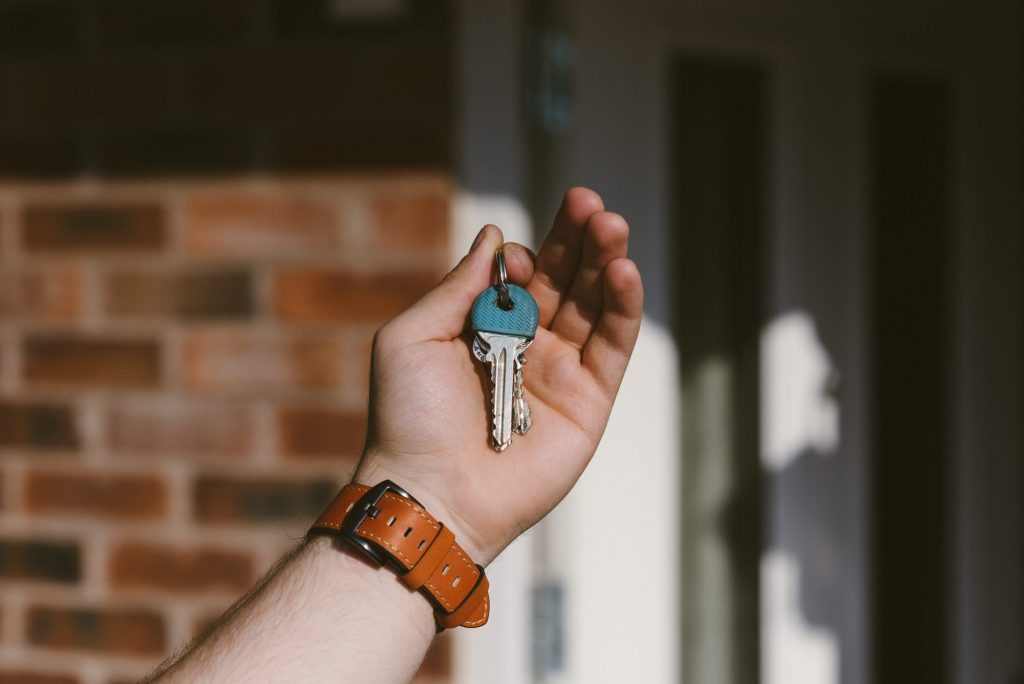3 Things to Consider When Buying a House
Buying a house can be a rewarding experience. It’s also one of the most important financial decisions you or your family will make in this lifetime.
Before you take the financial leap, there are few things to consider.
Statistical data reports that an estimated 5.5 million homes may get sold by the end of 2018. That leaves potential home buyers with serious, critical options to consider.
Is this the right home, does the price tag match the value of the home, and should I hire a realtor?
Before diving into buying a house, home buyers should think about these considerations.
Read more here to discover three important things to consider when buying a house.
1. Things to Consider When Buying a House: Realtor or Go at It Alone
The term “realtor” is almost synonymous with the phrase “buy a house”. Everyone thinks they need one when they decide to buy a home.
Don’t confuse them with real estate agents. The term Realtor is a registered trademark. This person is a licensed real estate professional who negotiates buying and selling in a real estate process.
The important thing to understand is that realtors make money–a lot of money sometimes. This is why it’s important to do your research before hiring this type of professional.
If this is your first time buying a home, look for a realtor who’s a current and active member of the National Association of Realtors.
Keep in mind there is a time when you don’t need to enlist the help of this type of agent. Buying directly from a seller is one of them.
An FBSO (For Sale By Owner) home is a house put on the market by a seller without the help of a broker.
With this type of purchase, you can bypass a realtor and enlist the help of a title company. Either way, study both options intently before delving into the purchase.
2. Can You Afford It?
Depending on your credit profile, a bank may approve you for a home loan that’s more than what you can afford.
What does that mean? Your current income, employment status, and credit history match certain bank criteria. What the bank does not do is take into consideration the future. That’s your responsibility.
When it comes to buying a house, always weigh-in the future as a factor. Ask yourself questions like:
- If I lose my job, can I still afford this mortgage?
- Do I have enough in savings for repairs on this size home?
- If my income cuts in half, can I still make the payments?
28% of your gross income prior to taxes should go towards mortgage-related expenses. This includes the mortgage payment, estate taxes and insurance(s).
That number reads small but can be a hefty amount of money in the long run.
Always think of potential changes to your future–job, income, student loan debt, and family. Sometimes buying smaller is the better option.
3. Location
More than often people find the perfect house, but it ends up being in the wrong geographical location.
Keep in mind that where to decide to live determines your commute. That means how far you drive to work, school, to the grocery store, hospitals, and other locations.
Long commutes cost in addition to the cost of your potential home. If you don’t have a car, consider the cost of on-demand (Uber and Lyft) and public transportation.
Don’t buy a house in a location that’ll cost you more out-of-pocket in the long run.
To Sum Up
Look beyond the paint of that picture perfect house and weigh all the pros and cons of the things to consider when buying a house.
In the grand scheme of things, determine if you can afford the house you want. Also, if you’re okay spending the rest of your life in that location.
Then decide whether or not you need the help of a professional.
Read more of our articles for additional lifestyle and business hacks.





